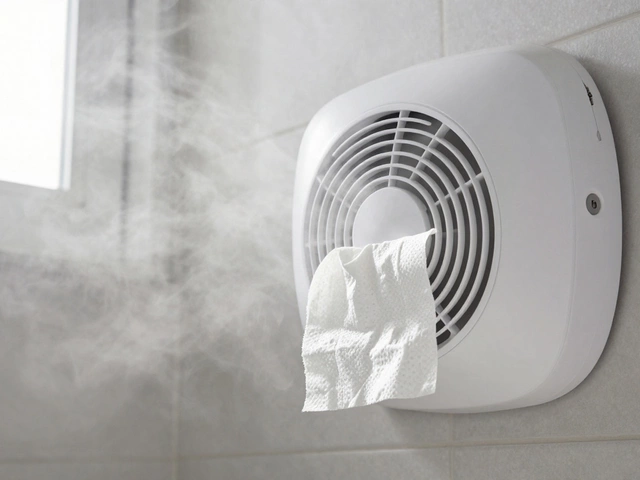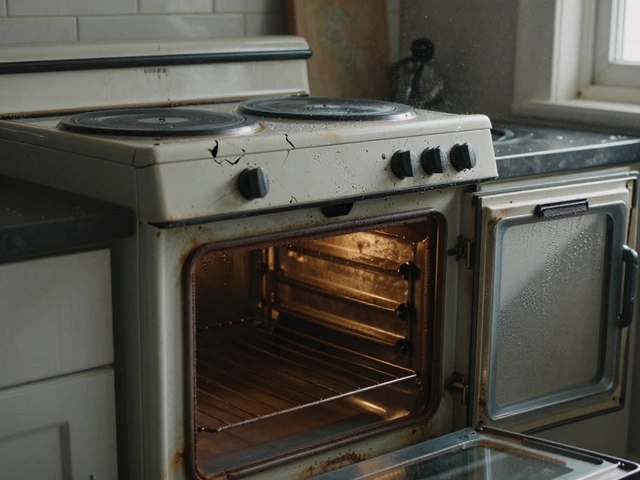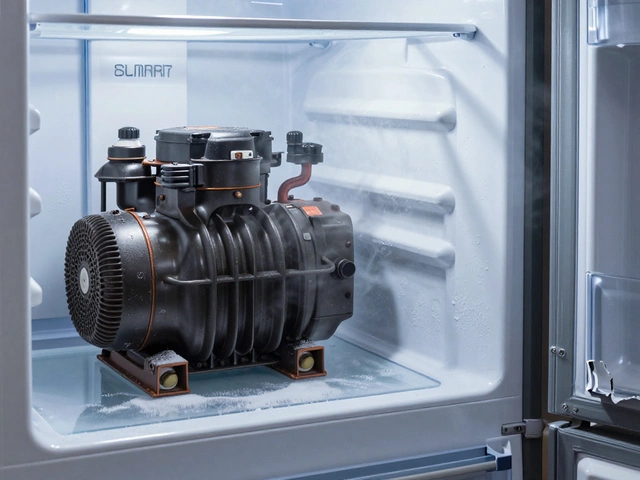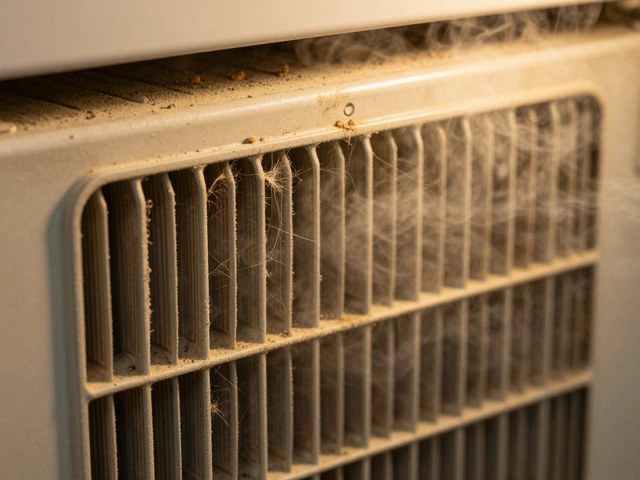Washing Machine Lifespan – What to Expect and How to Keep Yours Going
Ever wondered why your washing machine gives up after a few years while your neighbour’s still humming? The answer isn’t magic; it’s a mix of how the machine is built, how you use it, and how well you look after it. In the UK, most front‑loaders and top‑loaders are designed for about 10‑12 years of solid work. That’s a good rule of thumb, but you can push it further with a few easy habits.
Typical Lifespan Numbers
Brands differ, but the average lifespan breaks down roughly like this:
- Front‑load machines: 10‑12 years
- Top‑load machines: 8‑10 years
- High‑efficiency (HE) models: 12‑14 years when maintained
Those figures assume normal household use – about 4‑5 loads a week. If you run extra‑large loads daily or overload the drum, you’ll shave years off the timer.
What Shortens a Washing Machine’s Life?
Here are the biggest culprits that make a machine quit early:
- Overloading: Packing the drum full stresses the motor and suspension.
- Cold water shocks: Starting a hot‑cycle with cold water can wear seals faster.
- Neglecting cleaning: Lint, detergent residue, and hard‑water buildup clog filters and cause leaks.
- Skipping maintenance: Ignoring error codes or strange noises lets small problems become big repairs.
If you spot a buzzing sound, a leak, or a cycle that takes forever, call a pro before the issue spreads.
Simple Steps to Extend Your Machine’s Life
You don’t need a mechanic for most of these tips – just a bit of routine:
- Don’t overload: Follow the manufacturer’s load size chart. A half‑full drum cleans better and lasts longer.
- Use the right detergent: High‑efficiency (HE) detergents produce fewer suds, protecting seals and pumps.
- Run a cleaning cycle monthly: Many machines have a tub‑clean setting. If not, run a hot wash with white vinegar.
- Check the filter: Clean any lint or debris after each few washes. A clogged filter can overheat the pump.
- Level the machine: Uneven feet cause extra vibration, wearing out bearings quicker.
- Leave the door ajar: Air circulation stops mildew and keeps rubber seals from cracking.
These habits add up. Homeowners who follow them often get an extra 2‑3 years out of a machine.
When a repair cost climbs above half the price of a new appliance, it’s time to replace. Otherwise, a qualified technician can fix common faults – a broken door latch, a worn belt, or a faulty pump – for a fraction of a new unit’s price.
Bottom line: a washing machine isn’t a set‑it‑and‑forget‑it gadget. Treat it like any other car – regular check‑ups, proper loading, and a bit of cleaning go a long way. Follow the tips above, and you’ll keep your laundry routine humming smoothly for years to come.
Longest Average Lifespan of a Washing Machine: How Long Will Yours Last?
- Alden Wilder
- Jul 23 2025
- 0 Comments
Curious about how long washing machines last? Find out the longest average lifespan, what affects it, interesting facts, and tips to keep yours running strong.
View More




